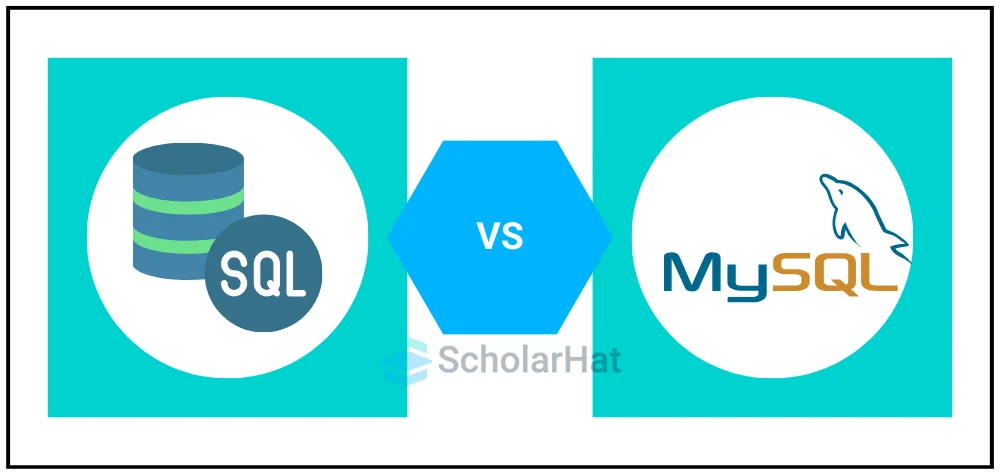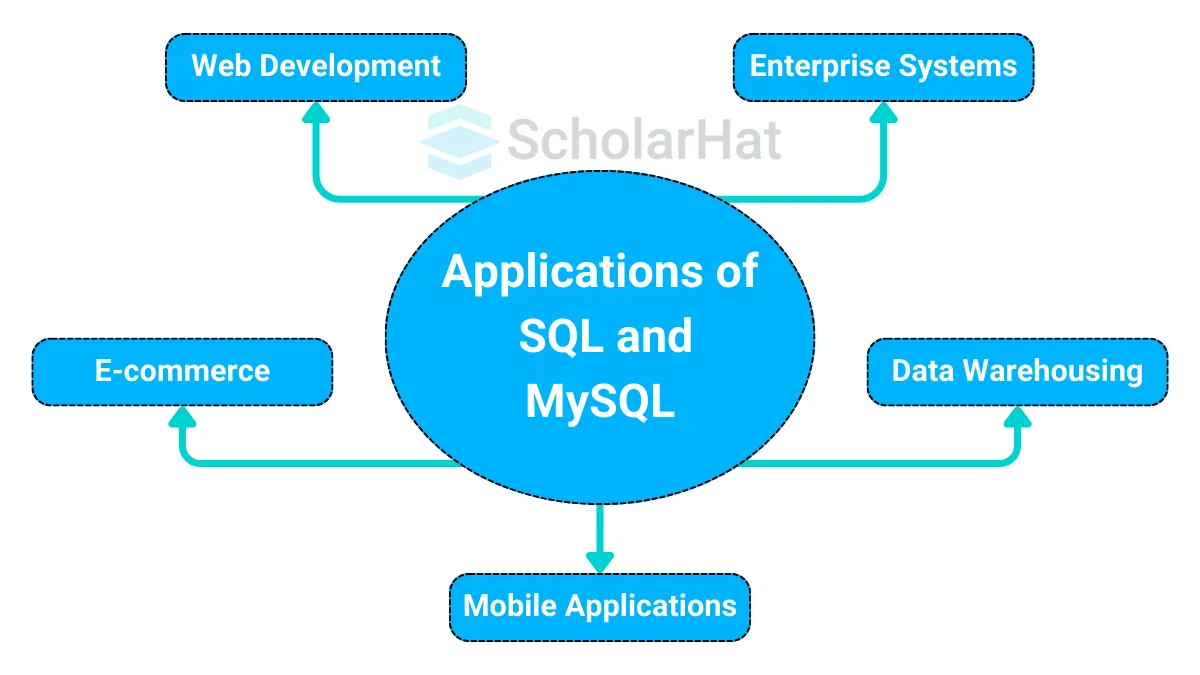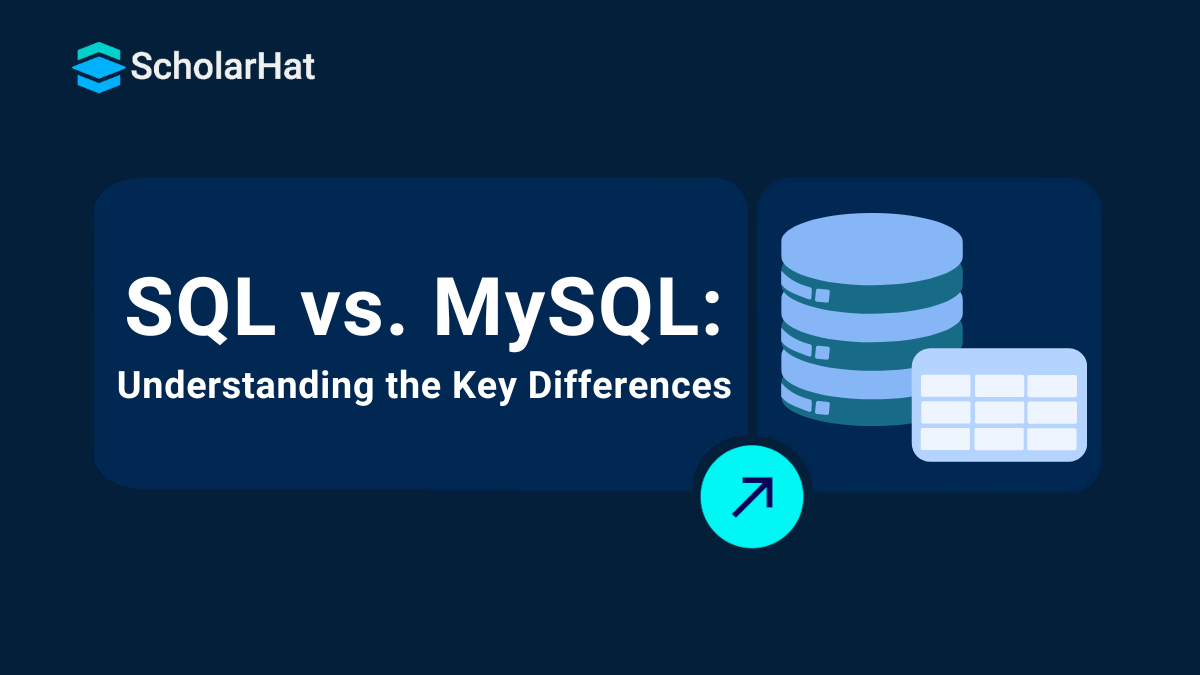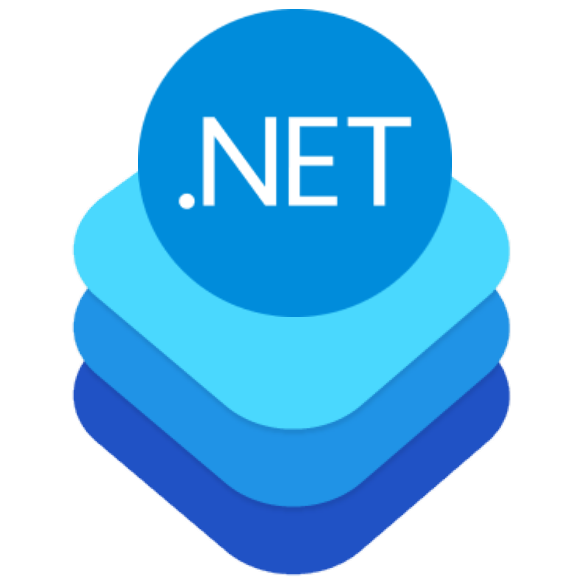26
DecDifference Between SQL and MySQL
When learning about databases, it's important to understand the difference between SQL and MySQL, as both play key roles in data handling.
SQL (Structured Query Language) is a standard programming language used to create, read, update, and delete data in a relational database. It helps you interact with the data using simple queries. MySQL, on the other hand, is a popular open-source database management system (DBMS) that uses SQL to store and manage data efficiently.
In the MySQL tutorial, knowing the difference between SQL and MySQL helps beginners and professionals choose the right tools for building websites, apps, or any system that stores data. This knowledge is also important for database design, web development, and backend programming.
What is SQL?
SQL is defined as the Structured Query Language. It is a computer language primarily designed for relational database administration and was created in the 1970s. It's a fourth-generation programming language. The goal is to manage data contained in Relational Database Management Systems. It is mostly useful for dealing with structured data in which relationships exist between different data components.
- Supports you in selecting specific data from a huge amount of data.
- Empowers you to INSERT, UPDATE, and DELETE data in the dataset.
- Supports improving database performance through operations like indexing and query operations.
- SQL is the primary tool for uncovering patterns, trends, and anomalies within datasets.
| Read More |
| Basics of SQL Commands |
| Introduction To SQL Server |
| Different Types of Triggers In SQL Server |
| Removing Duplicate Rows in SQL Server From a Table |
What is MySQL?
MySQL is an open-source RDBMS developed by MySQL AB and acquired by Oracle Corporation in 1995. MySQL organizes data into tables made up of rows and columns, with each row displaying a record and each column representing an attribute. Many kinds of data are supported, including dates, texts, floats, integers, and others. MySQL also includes features like replication, transactions, and indexing for dependable and efficient data administration.
- It can be operated on different platforms of operating systems like Windows, Linux, and macOS.
- Handles huge databases and can manage several users concurrently.
- Follows the ACID (Atomicity, Consistency, Isolation, Durability) properties, which provide dependable transactions and data integrity.
- Supports different storage engines, including InnoDB (default) and MyISAM.
Similarities between SQL and MySQL
There are various fields and properties where SQL and MySQL are similar to each other. Here are some key similarities between SQL and MySQL;
1. Language Usage
- Both are used to search, update, and manage data in relational databases.
- For database management and operations, MySQL relies on SQL.
2. Data Management
- Both are used to manage and handle relational data, which includes tables, rows, and columns.
3. Relational Database Model
- SQL and MySQL employ the relational database paradigm to arrange data into tables.
4. ACID Compliance
- Both SQL and MySQL support ACID property for a reliable transaction process.
5. Query Optimization
- Both use query operations to improve the performance of data extraction operations.
6. Backup and Recovery
- Both SQL and MySQL contribute tools and techniques for data recovery and security operations.
| Read More |
| Difference Between DBMS and RDBMS: A Comprehensive Guide |
| ACID Properties in DBMS: Atomicity, Consistency, Isolation, and Durability |
Difference between SQL and MySQL
Here are some of the most critical differences between SQL and MySQL are given below;

| Factors | SQL | MySQL |
| Nature | A standard query language for managing databases | A relational database management system (RDBMS) |
| Purpose | Used to write queries and manage database data | Used to store, manage, and retrieve data from databases |
| Scope | Universal across multiple RDBMS (e.g., Oracle, PostgreSQL) | Specific to MySQL RDBMS |
| Usage | Implemented in various RDBMS like SQL Server, Oracle | Uses SQL commands to manage its databases |
| Functionality | Provides basic SQL commands (SELECT, INSERT, etc.) | Offers additional features like storage engines, replication |
| Community-Support | Universal support across different database platforms | Specific support from Oracle and the open-source community |
| Implementation | Implemented differently in various RDBMS (e.g., T-SQL, PL/SQL) | MySQL's implementation of SQL is tailored to its system |
| Dealer | Not tied to any vendor | Developed and maintained by Oracle Corporation. |
| Licensing | No licensing, as SQL is a standard language | Available under GPL for open-source; commercial license also available |
| Updation Requirement | Updation for SQL occurs rarely. | It needs updating from time to time. |
Benefits of SQL and MySQL
There are various benefits provided by SQL and MySQL that are mentioned below:
1. Standardization
- SQL: It is a standardized language that ensures consistency across different RDBMS.
- MySQL: It follows SQL standards, making it easy to learn and use for those familiar with SQL.
2. Data Management
- SQL: Provides powerful tools for managing, querying, and manipulating data.
- MySQL: Offers robust data management features tailored for web applications and other environments.
3. Scalability
- SQL: Supports large-scale databases, allowing for growth and expansion.
- MySQL: Highly scalable and capable of handling large databases and multiple users simultaneously.
4. Security
- SQL: Offers features like user authentication, permissions, and encryption for secure data handling.
- MySQL: Gaurded with strong security features, including SSL support and data encryption.
5. Performance
- SQL: Allows for optimized query performance through indexing and efficient query plans.
- MySQL: Known for high performance, especially in web-based and cloud environments.
6. Backup & Recovery
- SQL: Supports robust backup and recovery mechanisms, ensuring data safety.
- MySQL: Provides various backup and recovery options, including point-in-time recovery.
What do SQL and MySQL use for?
Uses of SQL
We use SQL for performing various types of tasks related to handling and dealing with relational databases that are mentioned below:
1. Data Querying
- Fetch definite data from the data sources by performing a SELECT operation.
- Using various SQL statements to filter, sort, and aggregate data.
2. Data Manipulation
- Use SQL operations INSERT, UPDATE, and DELETE to manipulate the data.
3. Database Management
- Executing operations like CREATE, ALTER, and UPDATE in SQL to create and modify database structure.
- Handles the user permissions and access control.
4. Transaction Control
- Use transaction commands like BEGIN, COMMIT, and ROLLBACK operations in SQL to ensure data integrity.
- Implement ACID properties in transactions.
Uses of MySQL
We use MySQL for performing various types of tasks related to handling and dealing with relational databases that are mentioned below:
1. Web Applications
- Used in the backend database to store user data, content, and settings in web applications.
- Power popular content management systems (CMS) like WordPress, Joomla, and Drupal.
2. Data Warehousing
- Use to store and handle large amounts of data to examine and report.
3. eCommerce Platform
- Used to handle the user's data, product list, and transaction records for eCommerce website.
4. Data Analytics
- Provision backend for data analytics platforms that need fast and efficient data extraction.
Applications of SQL and MySQL

What jobs use SQL and MySQL?
There are various types of jobs for SQL and MySQL learners that are given below:
- Database Administrator (DBA)
- Data Analyst
- Data Scientist
- Software Developer
- Full-Stack Developer
- Quality Assurance (QA) Engineer
- Product Manager
How to Choose What Is Best to Use Between SQL and MySQL?
Selection between SQL and MySQL totally depends on your project requirements and contexts:
Selection of SQL
- SQL is a standard language used to deal with relational databases.
- You can use SQL when you are required to write queries and handle the data in the relational database system.
- It is appropriate for different RDBMS like MySQL, PostgreSQL, Oracle, and SQL Server.
- Learning SQL is very important for working with different database systems and is transferable across platforms.
Selection of My SQL
- MySQL is a definite RDBMS that uses SQL to manage and store data.
- If you require an open-source platform with wide community support, choose MySQL.
- If you want to develop web applications using LAMP or MERN stacks, choose MySQL.
- It comes up with high performance, reliability, and scalability for a wide range of applications.
- It provides a free, open-source version and commercial options for additional support and features.
Where Can You Learn SQL and MySQL?
Many of you may be wondering where to learn SQL and MySQL. There are several online places where you may learn the basics or gain some information about them. However, if you are looking for a genuine institute where you can study the entire Data Science or SQL and MySQL, we recommend ScholarHat, which offers practical training, placements, the greatest career coaching from professional instructors, and certifications.
| Read More |
| Top 50 SQL Queries Interview Questions and Answers To Get Hired |
| Top 50 SQL Server Interview Questions and Answers |
| Top 50 MySQL Interview Questions and Answers |
Summary
In conclusion, SQL and MySQL may sound similar, but they are different. SQL is a language used to work with data, and MySQL is software that stores and manages that data using SQL. Knowing the difference between them helps you understand how databases work and makes it easier to build and manage real-world projects. It’s a basic but important step for anyone learning web development or backend programming.
If you want to make your career in Full-Stack development, Scholarhat provides a Full-Stack .NET Developer Certification Training Course and an MERN Full-Stack Web Developer Certification Training Course to become a full-stack developer.
FAQs
- SQL is a standard query language for managing relational databases.
- MySQL is an open-source relational database management system that uses SQL.
- Oracle SQL is a proprietary implementation of SQL with advanced features in Oracle’s commercial database system.
Take our Mysql skill challenge to evaluate yourself!

In less than 5 minutes, with our skill challenge, you can identify your knowledge gaps and strengths in a given skill.











